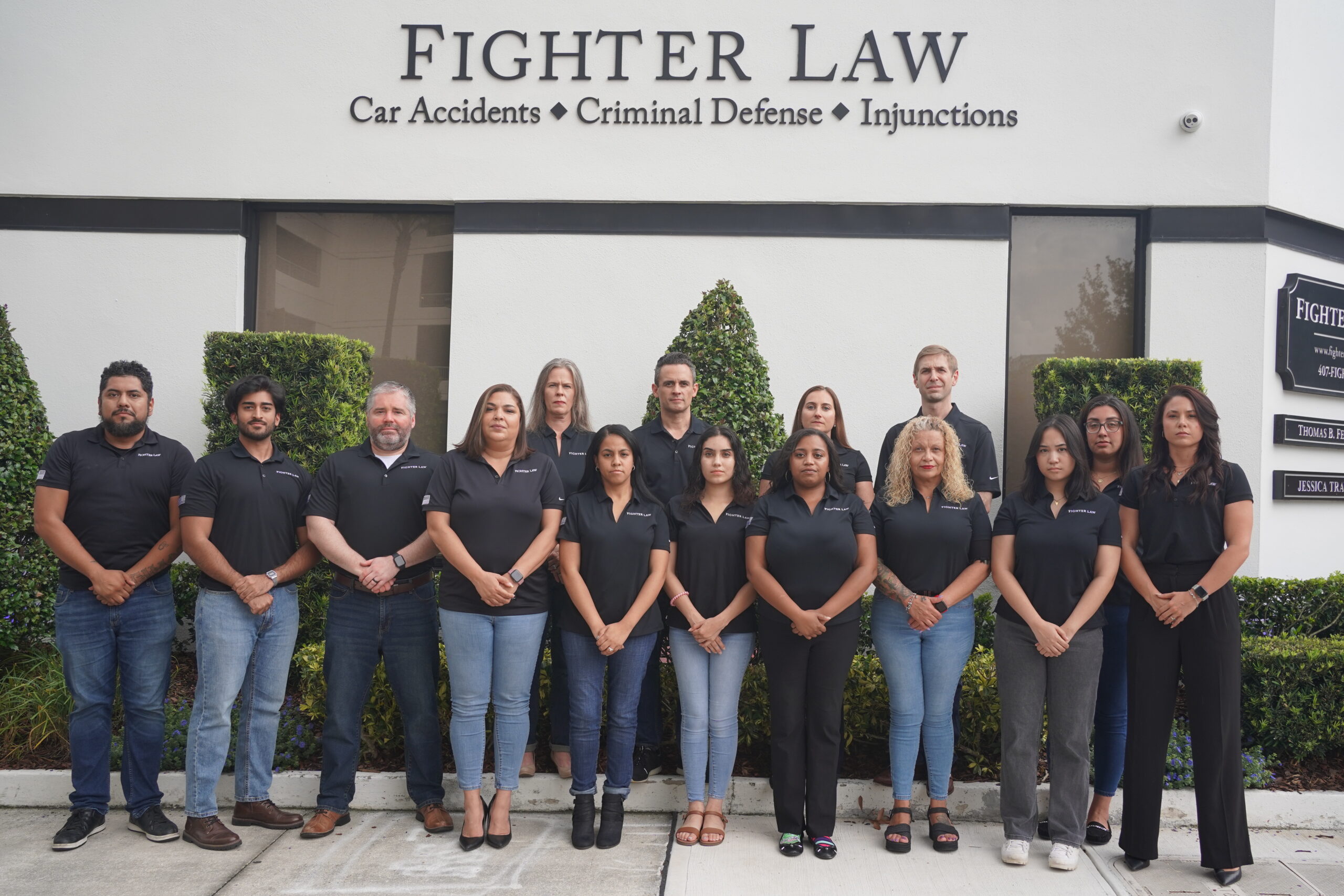When facing assault charges in Florida, the right legal defense can make all the difference in protecting your future. The complex legal system requires experienced guidance to navigate effectively, and having a dedicated assault defense lawyer by your side significantly improves your chances of a favorable outcome.
When you need aggressive representation after being arrested or charged with assault in Florida, call to speak with an experienced assault defense attorney at our firm. Thomas Fighter and Jessica Travis are award-winning criminal defense lawyers with the highest ratings, and their team is second to none.
What Is Assault Vs. Battery?
Assault is the threat of unwanted touching or battery. Basically, put someone in fear of being hit. Examples of an assault include the following:
- Making a fist and winding back as if you are going to punch someone.
- Threatening to hit a person with an object (like a bat).
- Verbal threats.
- Getting in close to someone’s face or personal space.
Battery, on the other hand, is an actual touching of another person without their consent/permission. Basically, hitting or just touching someone. Some examples of battery include the following:
- Punch.
- Kick.
- Slap.
- A soft poke.
- A slight push or shove.
- Spitting on someone.
- Hitting a person with an object.
It sometimes helps to explain the law as a jury might see the charges. In the jury instructions, click on the one that applies to your case (once it takes you to the next page) to see how the law is spelled out in layman’s terms for a jury.
Are There Different Types of Assault?
It’s crucial to consult with a knowledgeable assault defense attorney to determine the most effective defense strategy based on the specific circumstances of your case. They will assess the evidence, applicable laws, and the available defenses to protect your rights and advocate on your behalf.
The different types of assault include the following:
Simple Assault
A simple assault is a low-level misdemeanor. In Florida, it is when you threaten (either by word or by act) to do violence to someone. At the time of the threat, you have to have the ability to carry out the threat, or it does not count. Additionally, your threat must create a well-founded fear that violence is about to take place.
Even though this is not the crime of the century, you do not want it on your record. Having something like this on your criminal record can prevent you from getting certain jobs and even participating in events at your children’s schools.
Aggravated Assault
Aggravated assault is just like a simple assault, but the State must additionally prove that you committed the assault with a deadly weapon OR with the intent to commit a crime.
Like in simple assault, the only evidence against you in these types of cases is usually the word (or testimony) of the other person (or victim). In other words, someone calls 911 and says you assaulted them. In these casest, the strength of the evidence will depend almost entirely on the credibility of the witness. If there are multiple witnesses saying the same thing or a video of the aggravated assault, the evidence is obviously much stronger. Witnesses and video can work just as much for you as they can against you.









